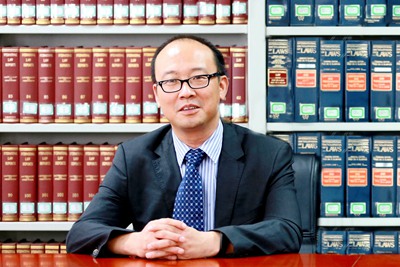
Abstract: The purpose of state-mandatory norms in private law is safeguarding substantive private autonomy. The legitimacy of state-mandatory norms in the company law stems from multifaceted sources, with its core rationale rooted in addressing the vulnerabilities of minority shareholders and creditors caused by the independent legal personality of corporations. This necessitates taming control rights arising from mechanisms such as the capital majority rule, preventing organizational failure, internalizing the externalities of corporate independent liability, mitigating information asymmetry, protecting transactional security, and appropriately expanding the public nature of corporations. While the newly revised Company Law increases the density and rigor of state coercion, it simultaneously broadens the depth and scope of private autonomy, thereby manifesting dual dimensions of both strengthening and weakening state intervention. Nevertheless, legislative issues persist in the new Company Law, including insufficient identifiability of mandatory norms, over-regulation and under-regulation, and asymmetry between limited liability companies and joint-stock companies in the application of state-mandated norms.The extent of state mandatory provisions in the company law is contingent upon state capacity and societal conditions. Coupled with the “race to the bottom” in jurisdictional competition over the company law frameworks, it remains challenging to naturalize mandatory norms into organic rules under a unified legislative framework for diverse corporate entities. This inherent complexity ex‐ plains why amendments to the company law occur far more frequently than those to the civil law.
Key Words: Mandatory Norms; Contractual Theory of the Corporation; Corporate Governance; Corporate Capital; Organizational Failure
Author: Xie Hongfei, research fellow, CASS Institute of Law; professor and doctoral supervisor, Law School of the University of CASS; vice chairman, Civil Law Research Committee of China Law Society;
Source: 3 (2025) Social Science Research.



